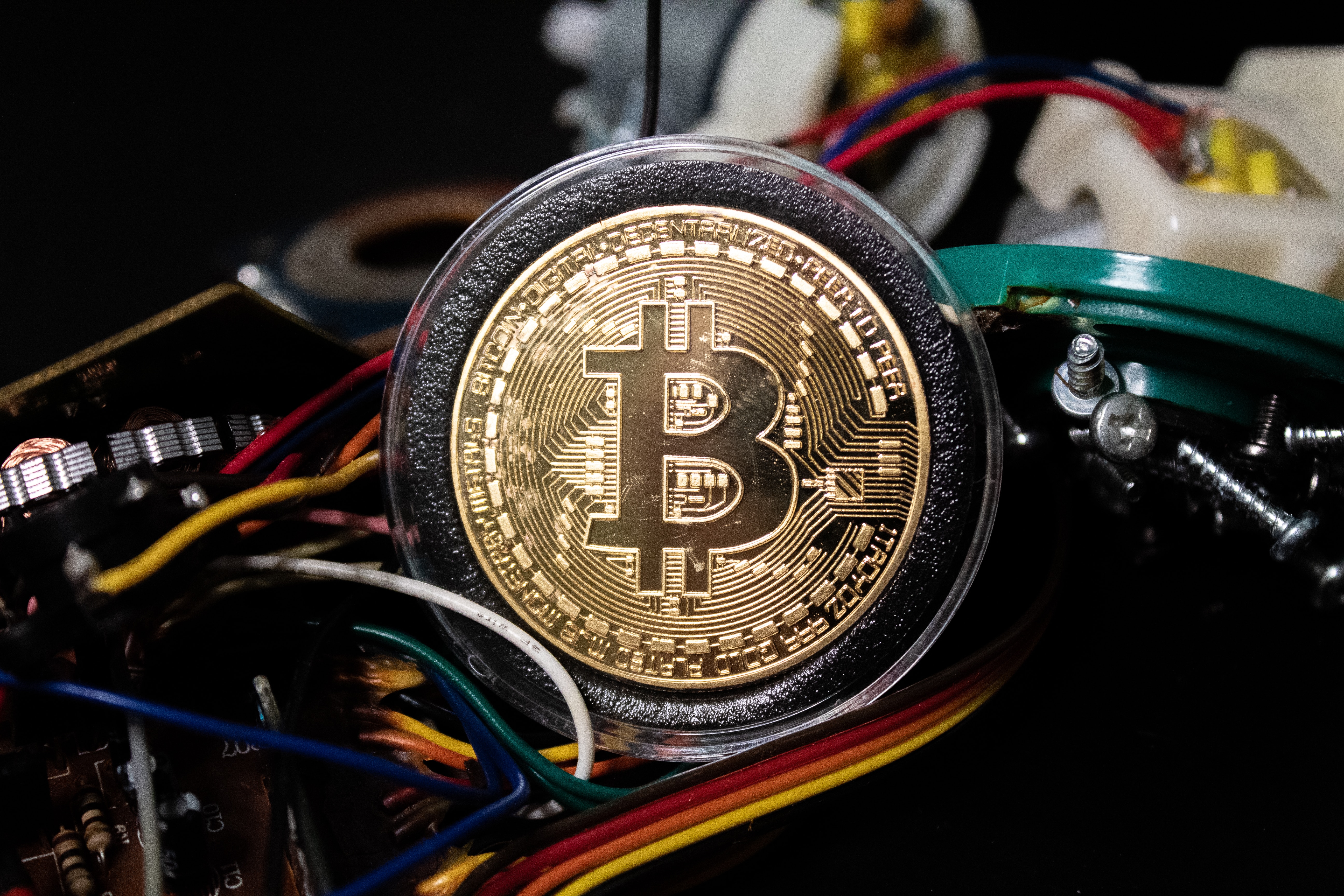Blockchain and Supply Chain: Transforming Transparency and Traceability
In an increasingly interconnected and globalized world, supply chains have become complex webs of suppliers, manufacturers, distributors, and retailers. Ensuring the transparency and traceability of products as they move through these intricate networks has been a longstanding challenge. However, the advent of blockchain technology has brought a revolutionary solution to the forefront. By leveraging the immutability and transparency of blockchain, supply chains are being transformed, offering unprecedented levels of accountability, efficiency, and consumer trust. In this article, we explore how blockchain is reshaping supply chains by enhancing transparency and traceability.
Understanding Blockchain in Supply Chain
Blockchain is a decentralized and distributed digital ledger that records transactions across multiple computers. Each recorded transaction, or "block," is linked together in chronological order, forming a continuous chain. This structure ensures that data stored on the blockchain is tamper-proof and resistant to unauthorized changes.
In the context of supply chain management, blockchain provides a secure and transparent platform for recording every step of a product's journey. Each participant in the supply chain can add information to the blockchain, creating an indelible record of the product's origin, manufacturing, transportation, and more.
Benefits of Blockchain in Supply Chain
Transparency: Blockchain ensures that all participants in the supply chain have access to the same information. This transparency reduces information asymmetry, creating a level playing field for all stakeholders.
Traceability: The immutability of blockchain records enables precise tracking of a product's journey from its source to its destination. This is crucial for verifying authenticity, identifying potential issues, and responding to recalls effectively.
Reduced Fraud and Counterfeiting: With blockchain, the authenticity of products can be verified at every stage. This reduces the risk of counterfeit goods entering the supply chain and protects both businesses and consumers.
Efficiency and Accuracy: By providing a single, shared source of truth, blockchain streamlines data management and eliminates discrepancies caused by multiple, separate records. This leads to more efficient processes and reduced administrative overhead.
Faster Resolutions: When issues arise, such as contaminated food or faulty products, blockchain enables rapid tracing of the problem to its source. This expedites recalls, minimizing potential harm and financial losses.
Consumer Trust: With greater transparency and verified information, consumers can make more informed purchasing decisions. This builds trust in brands and products, enhancing customer loyalty.
Real-World Applications
Several industries are already reaping the benefits of blockchain-powered supply chains:
Food Safety: Blockchain helps trace the origins of food products, preventing outbreaks of foodborne illnesses by quickly identifying contaminated batches.
Pharmaceuticals: By ensuring the authenticity and integrity of drugs, blockchain combats the distribution of counterfeit medications.
Fashion: Blockchain verifies the authenticity of luxury goods, reducing the circulation of counterfeit items and protecting brand reputation.
Logistics: Smart contracts on the blockchain automate contractual agreements between parties, enhancing supply chain efficiency and reducing delays.
Challenges and Considerations
While blockchain holds great promise for transforming supply chains, challenges remain. Integration with existing systems, data privacy concerns, and the need for industry-wide collaboration are factors that must be addressed for widespread adoption.
Conclusion
Blockchain technology is revolutionizing supply chains by introducing transparency and traceability into every step of the process. This innovation enhances accountability, mitigates risks, and builds trust among stakeholders. As businesses and industries recognize the potential of blockchain, we are witnessing a shift toward more resilient, efficient, and ethical supply chain management practices. The future of supply chains lies in the transparency and security that blockchain offers—a future where every product's journey is tracked and verified, ensuring the highest standards of quality and safety.


Post a Comment